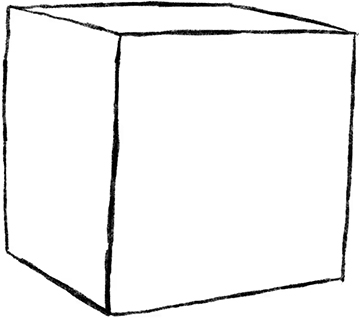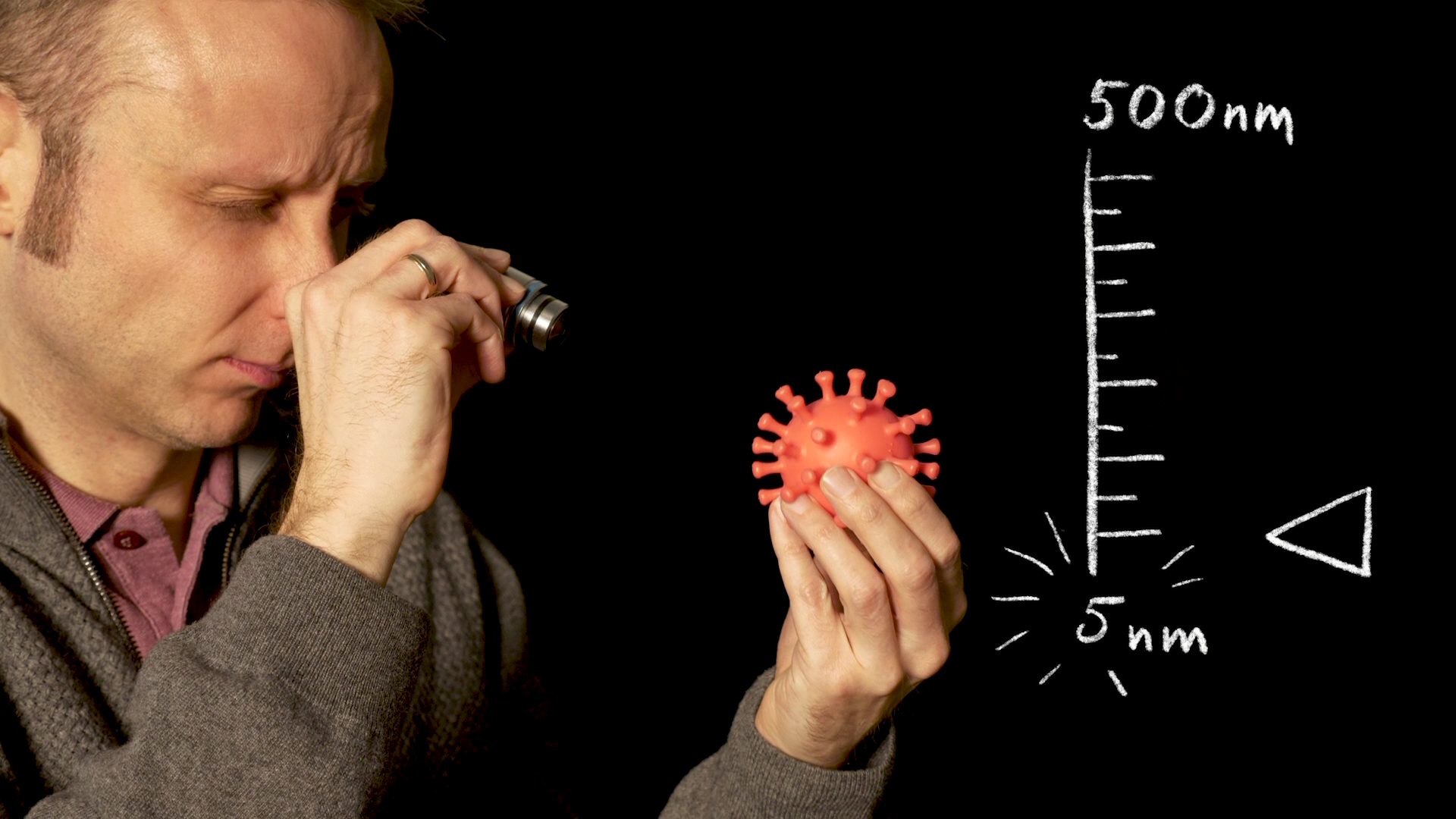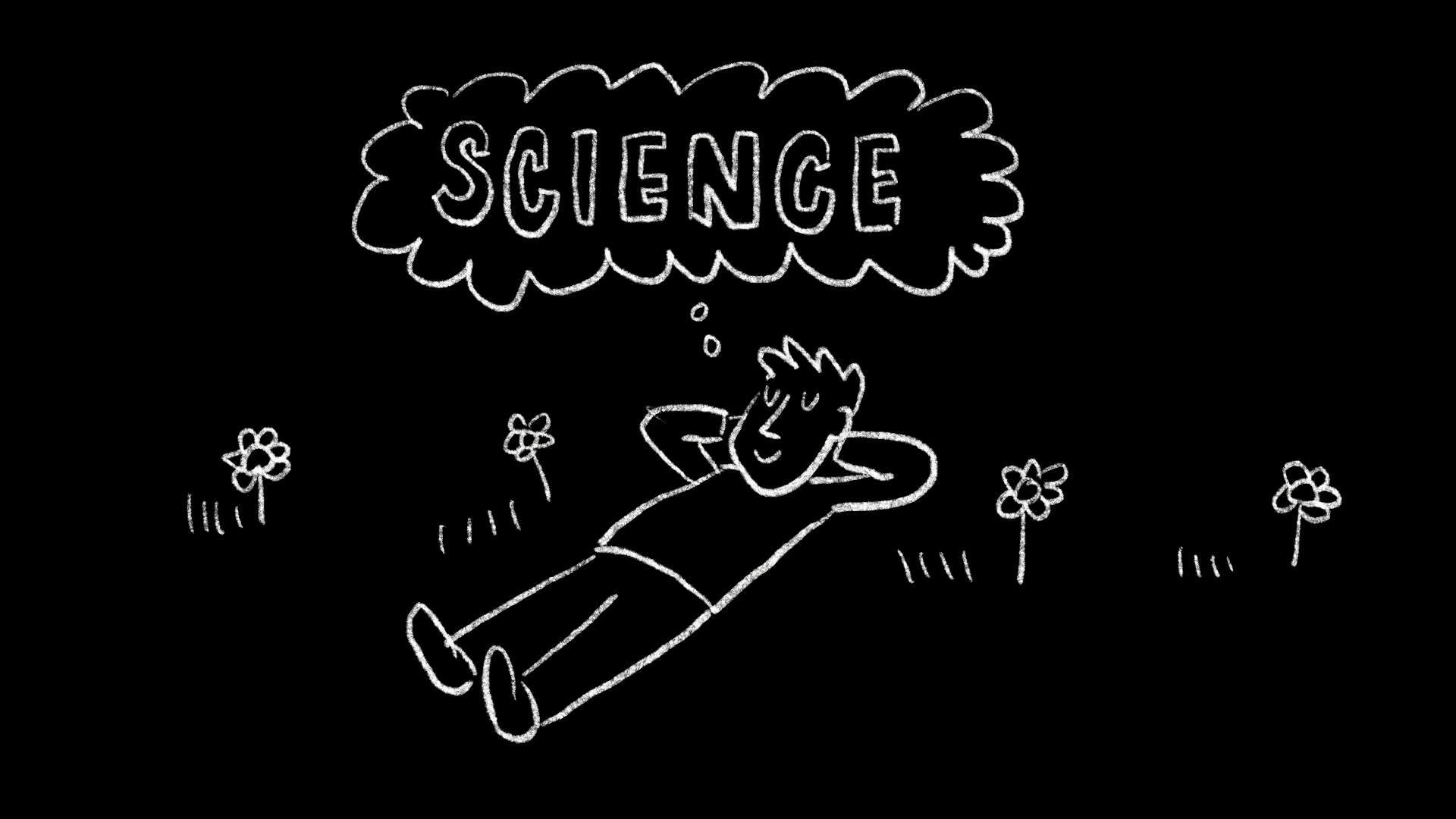
Part 07 – Why are we scientists?
Because it is fun and exciting to explore the unknown.
So far, I have been using this blog to go a bit deeper into the topic than the 2:20 min of the videos on Twitter allows. The videos actually are more like a teaser for a certain topic. In the blog, I try to provide some background information, discuss certain points in more details and indicate sources and starting points for getting more involved. This time, as the question raised in the video is even more difficult to answer with facts and statistics, I decided to give an answer how I ended up being a scientist and what keeps me motivated.
For me, it is definitely the case that I am not a scientist because I have been dreaming to be one since my childhood. Why would I? I grew up on a small farm in southern Germany. My parents were not academics and as a child I was in general not surrounded by a lot of people who went to university, and absolutely zero scientist. Science was a world very far away from the world I grew up in – from many different points of view. Later in school, I had some friends whose parents were teachers, doctors and even one university professor, but I never saw them as role models.
When I was finishing school, I enrolled to study physics in Heidelberg, because I always enjoyed a lot physics and maths – the pure logic behind it, that everything can be derived from previous existing theory, but at the same time I always was an experimentalist (my wife is often complaining that this is coming through too much concerning our kids…). When I started studying physics, I had absolutely no concrete job in mind or what I wanted to do afterwards. It was the possibility to do something that was fun rather than just training for a certain job. The University of Heidelberg had newly introduced a special side subject with a focus on biophysics. I remember, that when I was googling at that time what biophysicists actually do, I found an article about terraforming on Mars. I thought “Wow, that’s super cool – biophysics it is”. At the end of my studies, I was looking for a lab to do my Diploma thesis (this was before the introduction of the BSc and MSc system) in the area of biophysics. I always had a special interest for optics and I had come across several postdocs and PhD students from the Cremer lab (important figure in modern optical microscopy) who were from my point of view way above my level. My thinking was that if I’m surrounded by people who are all much better than I am, I would learn more than in some random lab. That’s how I got to start working on super-resolution fluorescence microscopy at the end of 2007.
The reason for staying in the Cremer lab and starting a PhD was quite similar to the decision to study physics: I had a lot of fun in what I did and had the opportunity to continue. At that time, I still had not seriously thought about what I would do after the PhD. I was going into this (and so did many of my friends and colleagues during that time) in a much more naive way as many students now. Sometimes I think it is a good thing, if you don’t know about all the risks and problems. On the other side, looking back now, I was also very lucky in a way that as a PhD student and also later as a postdoc I didn’t run into any serious issues (#survivorbias). However, in summary, I got into science because it is fun and it is exciting. What better job can you think of? One has to acknowledge, that this is quite a privilege.
So, what keeps me in science? During my postdoc years and mainly when I became a PI, I got more and more into contact with all the not so nice things in the scientific world. This was BTW also one of the main reasons to start Black Box Science: To highlight issues that are usually swept under the carpet and share my personal experiences. The answer to the question why I am still a scientist is basically in short given in the video: Because it is fun and exciting to explore the unknown. To come up with solutions where there was none so far. To enable new discoveries, because you have created technology that was lacking before. This is pretty amazing! Sure, not every aspect. But as long as your environment and your boundary conditions are allowing you to do science (at least sometimes) in the way that you have imagined it in this maybe slightly naive period when you just entered the scientific world as a student, it is an unique opportunity and why would you want miss that?
If you are lucky (funding, environment, etc.) you can be the scientist as you have maybe imagined as a student.
This is basically where the video ends. It mainly touches on the positive things. This was intentionally as all the previous episodes mainly focused on problems in the scientific system. However, not everything is bad and you also have to celebrate the good sides. There can be really harsh times too. And believe me, I was not spared, but this is stuff for another episode…

In the individual episodes and blog entries, I will share my experiences and discuss different topics, which are concerning us in our everyday lives as scientists. Join the discussion, share your opinions and help to solve issues in our scientific culture.



